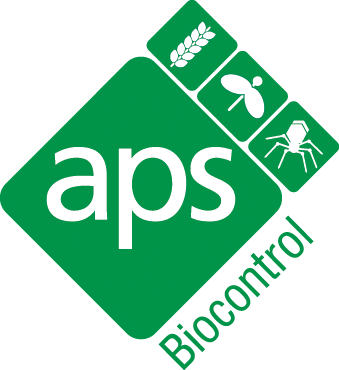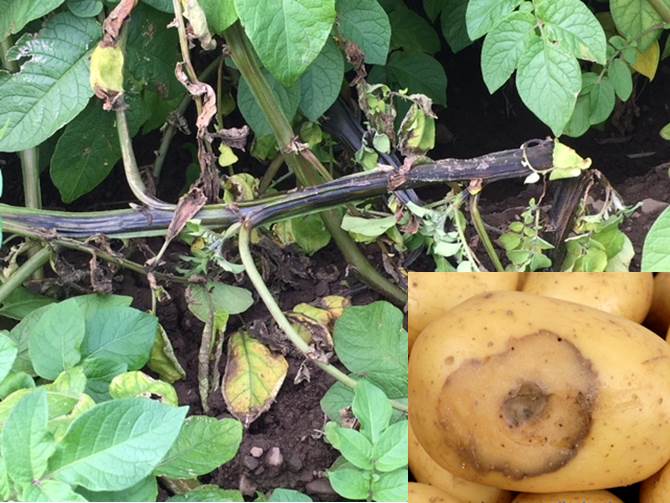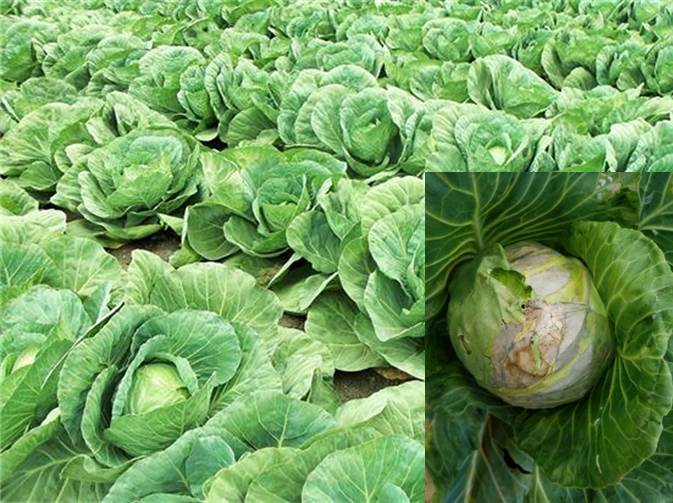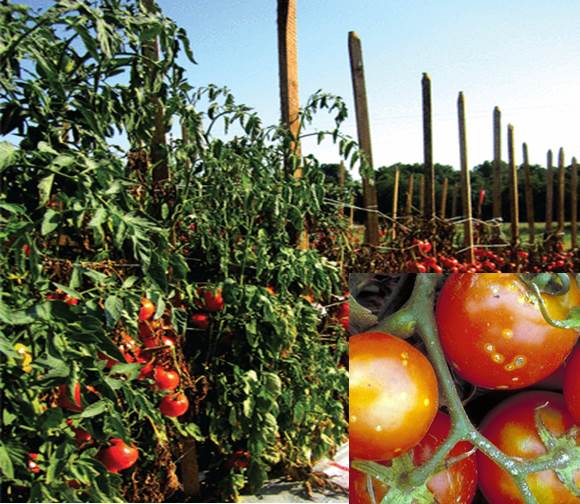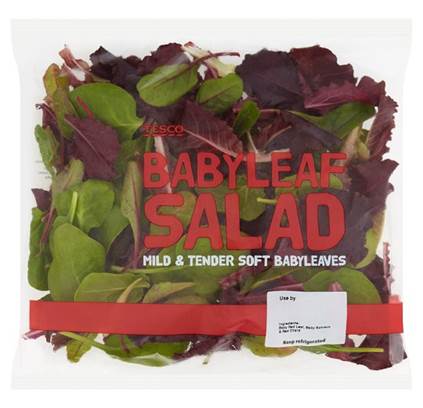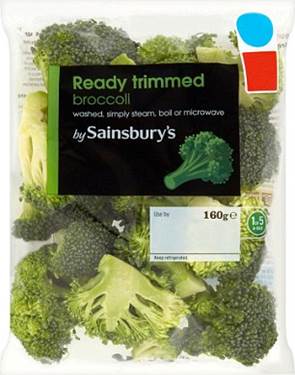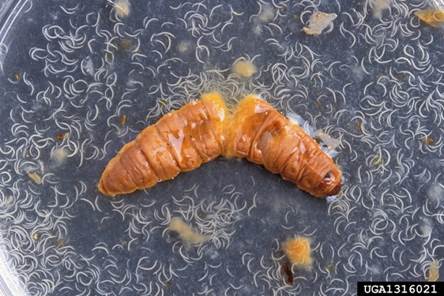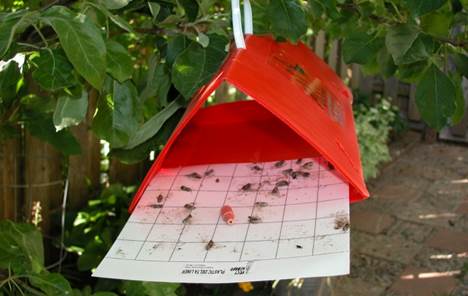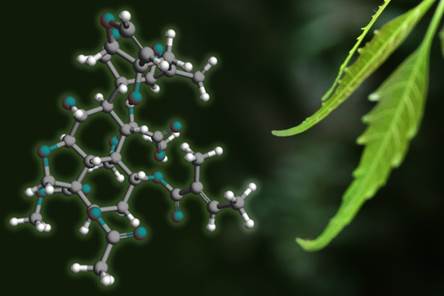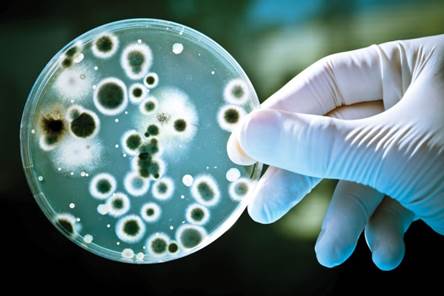bacteriophage: the opportunity
APS is addressing the untapped potential of bacteriophage in an agro-economy in which the production of good quality, disease-free produce is critical, both in the commercial world with associated pressures to improve yields whilst minimising environmental impact, as well as developing agri-systems in which access to pest- and disease control technologies is often limited.
Less than 40 species of bacterial plant pathogens cause global crop losses during cultivation and post harvest, with few effective or specific controls.
Diseased fresh produce has a higher risk of breaking down post harvest during processing and packing; bacterial rots are responsible for 25% of all consumer complaints, impacting on a supplier’s reputation and sales potential.
Resistance development, product withdrawals and legislative changes are limiting mainstream agrochemicals: biological-control products can fill the gap but very few are specifically antibacterial, whereas bacteriophage used in APS’ Biolyse® technology are highly-specific antibacterial agents.
bacteriophage: perfect biocontrol agents
Bacteriophage (or phage) are naturally-occurring viruses that very specifically infect and kill bacteria, acting as natural antibacterials without affecting the surrounding microbial community and being completely harmless to humans, animals and the wider environment.
APS’s Biolyse® technology exploits the lytic lifecycle of bacteriophage, in which they effectively take over a bacterial cell to turn it into a phage-producing factory. The process is extremely rapid; from a phage attaching to a bacterial cell into which it injects its own DNA, to new phage being assembled and lysing the cell as they burst out into the environment can take just 30 minutes, with a single infection producing 100 or more new phage.
APS’ Biolyse® technology optimises this activity with carefully-formulated mixes to provide maximal antibacterial activity.
- Bacteriophage are the most abundant organisms in the world; 1031 on Earth.
- For almost every bacterial species, there exists at least one bacteriophage that can specifically infect and ultimately destroy that particular bacterial group.
- Bacterial infection and destruction is extremely rapid, making bacteriophage ideal for applications in plant-pathogen control.
Progeny phage emerging from a lysed bacterial cell (reproduced with permission of Prof. Martha Clokie)
Bacteriophage also have a number of advantages over mainstream agrochemicals and other biopesticides, including
Safety: they are naturally-occurring within the pathogen’s environment.
Highly specific to their host bacterium, reducing non-target risks and potential environmental residue issues to zero.
Rapid mode of action.
Applicable to both mainstream and organic agriculture.
